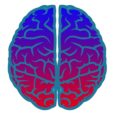What's so fascinating about the Brain?
Just Ask Nick Spitzer

Nick is fascinated by brain plasticity.
He finds research on this subject tremendously rewarding. But he’s also an avid backcountry and downhill skier, a rock and ice climber and enjoys getting out in the high mountains. A committed Californian now, and often up in the Sierras….
Why do we do the research?
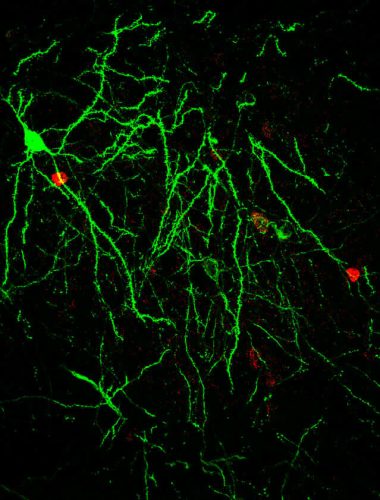
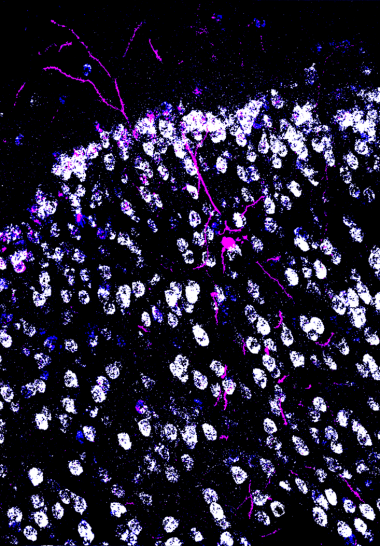
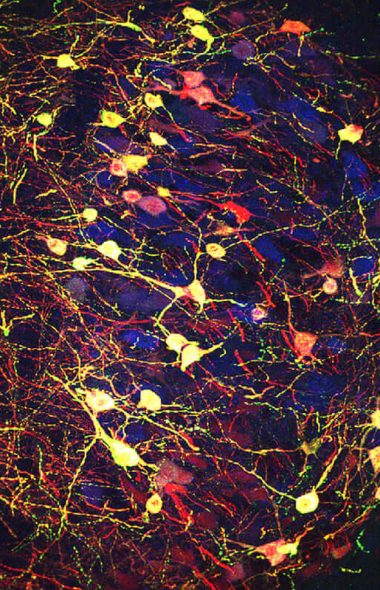
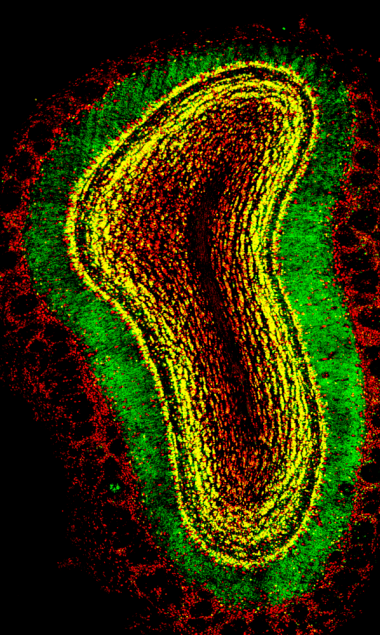
A fundamental determinant of nervous system function is the neurotransmitter each neuron employs. The choice of transmitter was long thought to be specified irreversibly by cell identity at the earliest stages of development, but…..
Investigation of the development of neuronal excitability led to the discovery that calcium-dependent embryonic electrical activity rapidly and reversibly reconfigures the transmitters and matching postsynaptic transmitter receptors that neurons express. Activity modulates the transcriptional code for transmitter specification. Both sensory and motor stimuli reprogram neurotransmitter identity, resulting in transmitter switches in young and adult nervous systems. Transmitter switching often converts excitatory neurons to inhibitory ones, or vice versa – a form of plasticity that is distinct from changes in synaptic weights and synapse number. The changes in brain biochemistry during transmitter switching cause changes in behavior that can be beneficial, enhancing learning, or detrimental, contributing to neurological and psychiatric disorders.
PTSD
Role of transmitter plasticity in the generation of sustained fear
Autism
Transmitter switching contributes to two environmental models of neurodevelopmental disorders
Drugs of Abuse
Repeated exposure to phencyclidine drives transmitter switching that causes drug-induced behavior
Normal Brain
Exercise enhances motor skill learning and episodic memory by neurotransmitter switching
